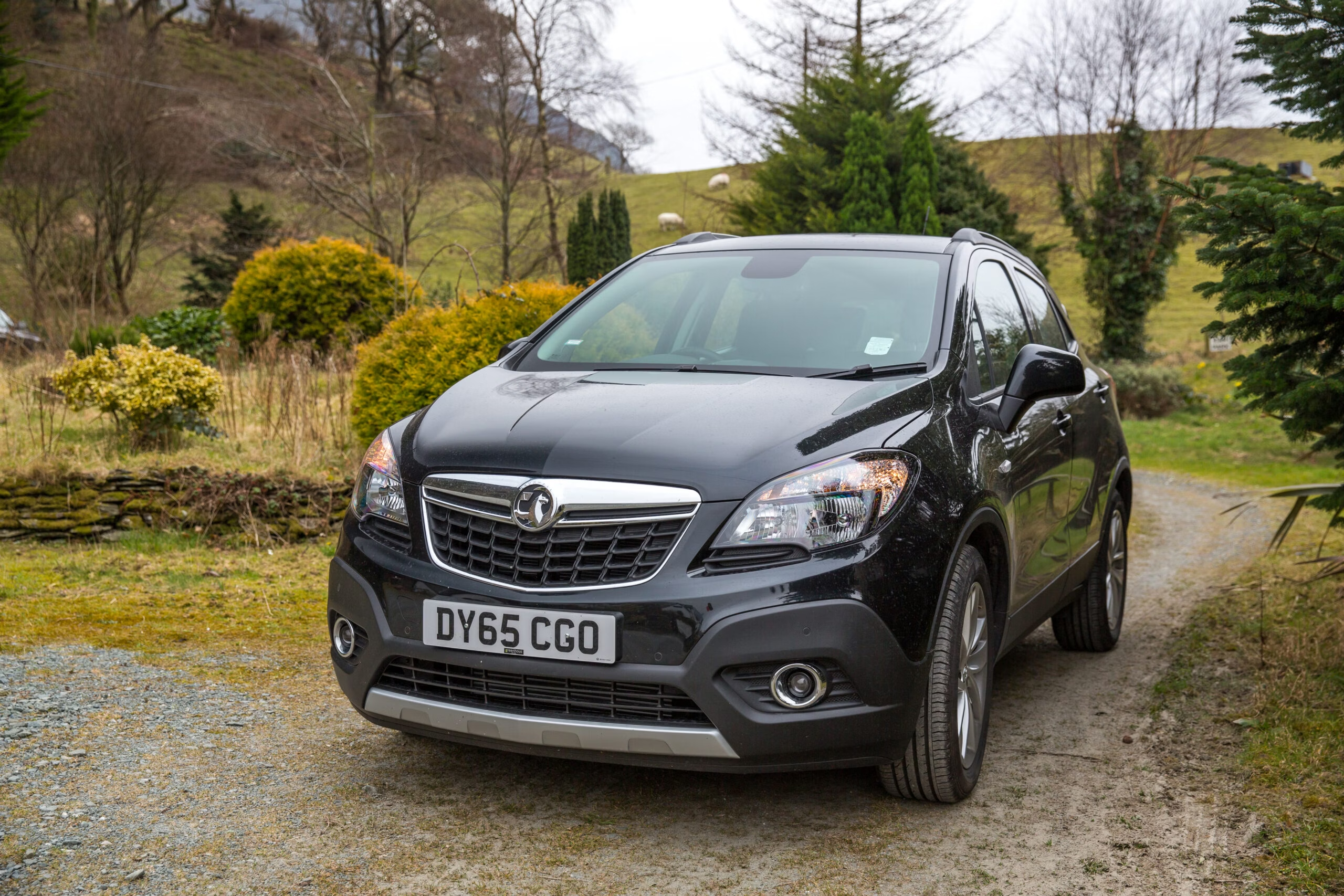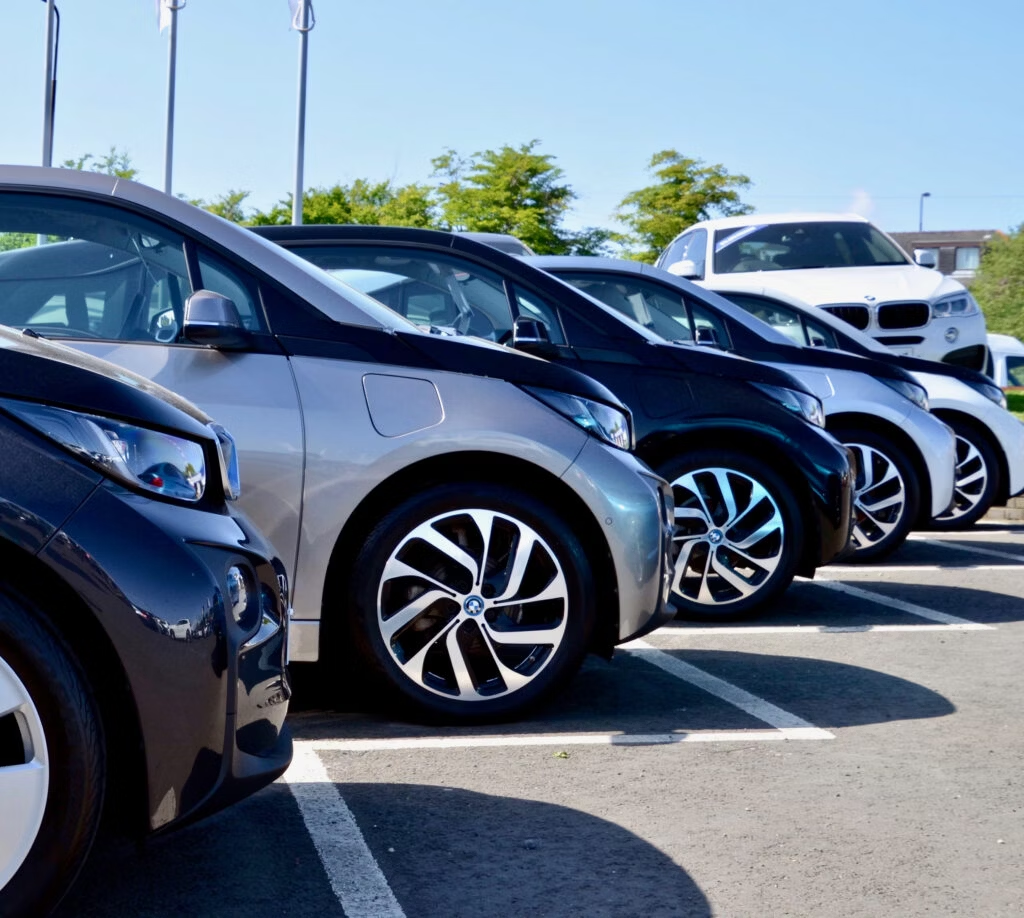Does age impact the value of your car?
Whether purchased new or used, your car’s value typically depreciates most during the first three years of ownership before slowing down over time.
Exactly how much your vehicle’s value changes depends on a variety of individual factors, including age. Age plays a significant role in determining your car’s value in the used car market. However, the relationship between age and value may not always be linear! Whether you’re buying or selling a car, read up on what your vehicle’s age means in today’s automotive market.
- Car depreciation 101
- Impact of age on car value
- Age factors contributing to depreciation
- The extreme drop in value during the first year
- FAQs
Car depreciation 101

All car values change over time. Car depreciation is the difference between what your car was worth when you bought it and how much it’s worth if you were to sell it today.
Depreciation impacts every car but is usually most significant during the first few years after purchase. The steepest decline in value occurs in the first year of ownership.
Your car is unlikely to depreciate at the same rate every year, so it’s wise to track its value over time. For sellers, understanding how your vehicle’s market price changes can help set realistic pricing expectations. For buyers, understanding value depreciation can help in negotiating deals and assess long-term ownership costs accurately.

Impact of age on car value
Vehicle age tends to have a fairly consistent (and predictable!) impact on car resale value. Newer cars typically command higher prices due to factors like updated features, improved safety standards, and the prestige associated with owning a newer model. However, new cars typically experience a more substantial drop in pricing within their first few years of ownership compared to older ones.
As cars age, they experience wear-and-tear, technological obsolescence, and may require more frequent repairs, all of which contribute to a decrease in value over time.
Older cars may lack the latest safety and convenience features, making them less desirable to buyers seeking modern amenities. Additionally, as a car ages, their warranty coverage may expire, adding to potential maintenance costs and further impacting value.
Age factors contributing to depreciation
Several factors contribute to car’s decreased value over time, including:
🏁 Market demand: Changes in consumer preferences and trends, such as toward electric vehicles, can influence the demand for certain car models, impacting their resale value. Alternatively, perceived rarity can drive interest in older models.
🏁 Technological advancements: As newer technologies emerge, older car models may become outdated, leading to decreased value.
🏁 Maintenance: Proper maintenance can slow value depreciation. On the flip side, poor upkeep can accelerate wear-and-tear and drive your vehicle’s market value down.
🏁 Mileage: If you have an older car, odds are that you’ve probably driven it a fair amount. Higher mileage can accelerate the drop in your car’s value, especially if the car has been driven extensively or is poorly maintained.
🏁 Brand performance reputation: Your make and model’s reputation for reliability, durability, and performance over time can influence its resale potential.
🏁 New government policies: Changing government policies and emissions standards can influence demand for older models, especially if they do not meet new environmental requirements like the 2035 ban on new petrol and diesel vehicles.
🏁 Biases against older vehicles: A car’s anticipated resale value usually decreases over time. This fact influences buyers’ opinions of older cars and their willingness to pay for aged vehicles in less-than-pristine condition.
Value decreases during the first year of ownership

The drop in value experienced by cars during the first year of ownership is widely acknowledged within the global automotive industry. This rapid depreciation is primarily attributed to the significant initial depreciation that occurs the moment a new car is driven away from the dealership.
New vehicles lose a considerable portion of their value due to factors such as dealer markup, registration fees, and other associated costs. This initial depreciation sets the stage for the rapid decline in value observed during the first year of ownership. With proper maintenance, car value depreciation typically slows from here.

FAQs
At what age do cars lose the most value?
Cars typically experience the steepest decrease in value within the first few years of being purchased. Specifically, the sharpest depreciation usually occurs during the initial year of ownership.
Does age matter for a car?
Yes, age impacts a car’s value and, often, its functionality. Newer vehicles generally maintain higher price points due to factors like updated features and reduced wear-and-tear.
What’s the best age to buy a used car?
This depends on individual preferences and budget. Generally, opting for a car that’s around two to three years old can offer a balance between depreciation and affordability.
Ready to sell your car?
Want to read more about owning, valuing, and selling your car? Check out more of our guides here, covering everything from depreciation to maintaining your car’s value. Understand your car’s worth in the wider market.
- Sell my car
- Track your car value
- How much is your car worth?
- Do German cars hold their value well?
- Car depreciation – the ultimate guide
- How to get the best price for my car
- What is diminished value?
- The 10 best and worst cars for holding value
- Is my car worth less after an accident?
- Used car prices
The information provided on this page is for general informational purposes only and should not be considered as professional advice.